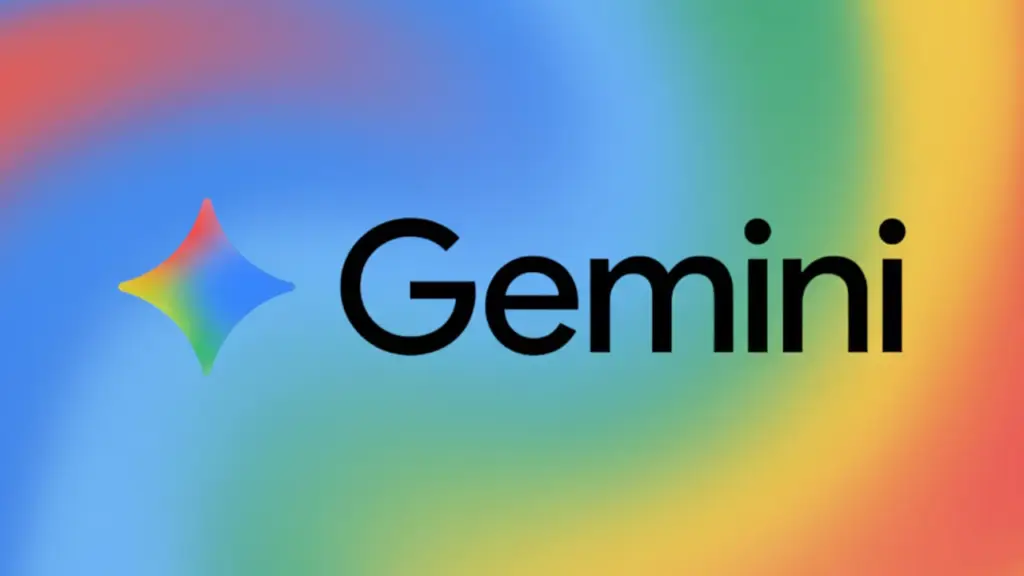
Google has announced a significant update to its Gemini application, introducing enhanced LaTeX rendering capabilities and a new PDF export feature. This update is particularly beneficial for users who frequently work with mathematical typesetting and document sharing.
The improved LaTeX rendering allows for more seamless integration of complex equations and formatting, addressing a common need among researchers, educators, and students. Users can now produce high-quality documents that maintain the integrity of mathematical content, making it easier to convey intricate ideas clearly.
In addition to the LaTeX improvements, the Gemini app now supports exporting documents directly to PDF format. This feature simplifies the process of sharing work with others, as PDF is a widely accepted format for professional and academic purposes. With these updates, Google aims to position Gemini as a more robust tool for individuals who rely on precise formatting in their documentation.
Implications for Users and the Market
The enhancements to Gemini come at a time when competition in the AI-driven productivity software market is intensifying. As companies like OpenAI continue to innovate with tools like ChatGPT, Google seeks to ensure that its offerings meet the evolving needs of users. By focusing on specialized features such as LaTeX rendering, Google underscores its commitment to supporting academic and professional communities.
The update reflects a broader trend within the tech industry, where the demand for specialized tools tailored to specific user needs is on the rise. With the integration of LaTeX and PDF capabilities, Gemini not only stands to attract existing users but also has the potential to draw in new ones seeking advanced functionalities in their applications.
While further details on the rollout date and additional features remain limited, Google has indicated that the update will be available to users starting in October 2023. This timeline suggests that Google is keen to push its advancements swiftly to maintain a competitive edge in the market.
As users explore the new features, feedback will likely play a crucial role in shaping future updates. Google has a history of refining its applications based on user input, and this update could be no different. Users who rely on LaTeX for their work can expect a more streamlined experience, enhancing productivity and collaboration in academic and professional settings.
Overall, this latest update to the Gemini application signals Google’s intent to bolster its productivity suite, making it more appealing to users who demand high-quality document creation tools. As the landscape continues to evolve, innovations such as these will be key in determining the success of Gemini in a competitive environment.







